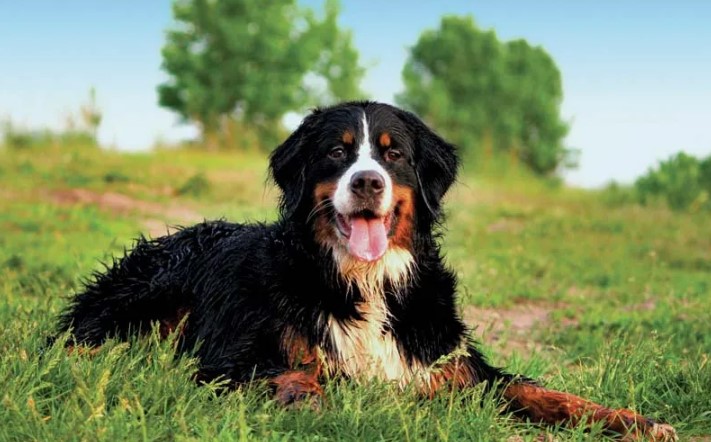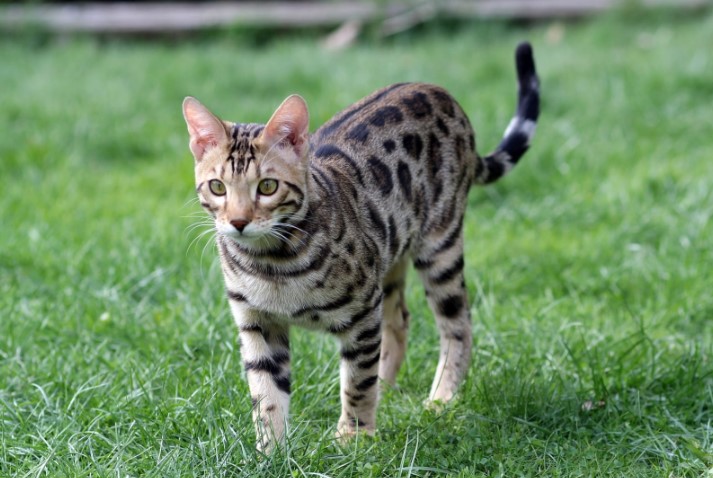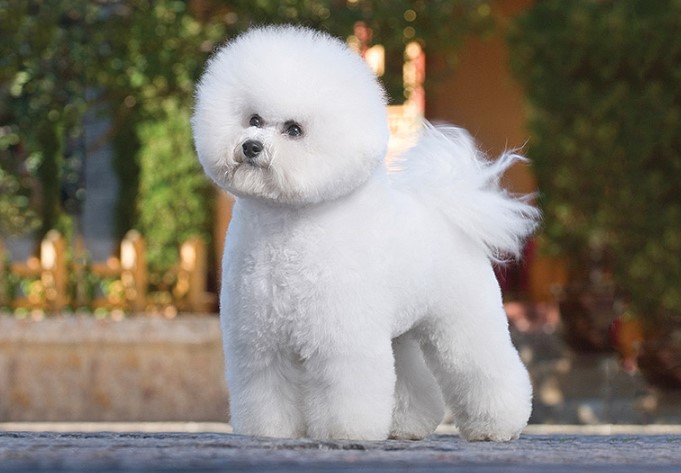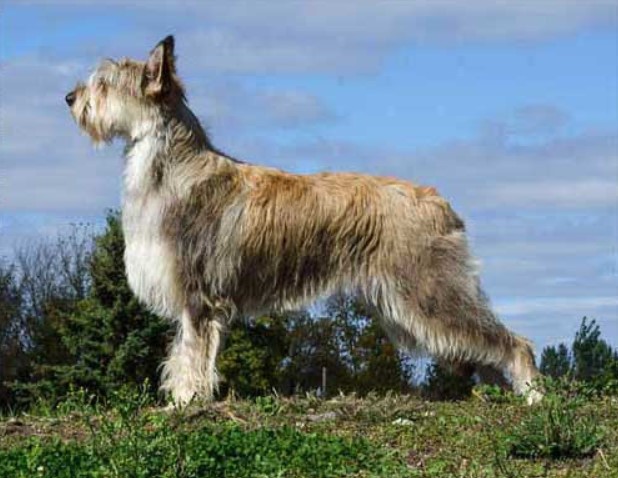
Bernese Mountain Dog Breed
Introduction to the Bernese Mountain Dog Breed
The Bernese Mountain Dog, often affectionately referred to as a “Berner,” is a large, sturdy breed known for its friendly disposition and striking tricolor coat. Originating from Switzerland, this breed was initially developed for farm work, including pulling carts and herding livestock. Today, Berners are beloved family pets known for their loyalty, gentleness, and versatility.
Physical Characteristics of the Bernese Mountain Dog
Size and Weight
Bernese Mountain Dogs are large dogs, with males typically weighing between 80 and 115 pounds and females between 70 and 95 pounds. They stand between 23 to 28 inches tall at the shoulder, with males being slightly larger than females.
Coat and Color
One of the most distinctive features of the Bernese Mountain Dog is its beautiful coat. They have a long, thick, and slightly wavy outer coat with a woolly undercoat that provides excellent insulation. Their coat is predominantly black with striking rust and white markings on the chest, face, and legs.
Distinctive Features
Berners have a broad, flat head with a gentle expression, medium-sized, dark brown eyes, and a strong muzzle. Their ears are medium-sized, triangular, and set high on the head, lying flat against the skull when at rest.
Temperament and Personality
General Disposition
Bernese Mountain Dogs are known for their calm and friendly nature. They are typically very affectionate with their family members and are known for being good-natured and gentle. This breed is also known for its loyalty and protective instincts, making them excellent watchdogs.
Interaction with Families
Berners are excellent family pets and are especially good with children. They are patient, tolerant, and playful, making them great companions for kids of all ages. Their gentle and loving nature helps them form strong bonds with their human family members.
Interaction with Other Pets
Bernese Mountain Dogs generally get along well with other pets, especially if they are raised together. They have a social nature and enjoy the company of other dogs and animals. Proper socialization from an early age helps ensure they remain friendly and well-behaved around other pets.
Living Conditions and Environment
Ideal Home Settings
Bernese Mountain Dogs thrive in homes where they have plenty of space to move around. They are not well-suited to small apartments due to their size and energy levels. A home with a large, securely fenced yard is ideal for a Berner.
Suitability for Apartments
While Bernese Mountain Dogs can adapt to apartment living, it is not their ideal environment. They need ample space to roam and play, which is often limited in an apartment setting. If living in an apartment, owners must be committed to providing plenty of outdoor exercise.
Outdoor Space Requirements
Having access to a large, fenced yard is important for Berners. They love to run, play, and explore, so having a safe outdoor space helps them stay active and healthy. Regular outdoor time is essential for their physical and mental well-being.
Exercise and Activity Needs
Daily Exercise Requirements
Bernese Mountain Dogs require regular exercise to keep them healthy and happy. A minimum of one hour of exercise per day is recommended, though more active Berners may need additional activity. Daily walks, playtime, and outdoor adventures are essential for their well-being.
Types of Activities and Play
Berners enjoy a variety of activities, including walking, hiking, playing fetch, and participating in dog sports like agility and obedience. They also love to pull carts and participate in draft work, which is a nod to their historical roots.
Importance of Mental Stimulation
In addition to physical exercise, mental stimulation is crucial for Berners. Interactive toys, puzzle feeders, and training sessions help keep their minds engaged and prevent boredom, which can lead to destructive behaviors.
Training and Socialization
Training Techniques
Bernese Mountain Dogs are intelligent and eager to please, making them relatively easy to train. Positive reinforcement techniques, such as treats, praise, and play, work best. Consistency and patience are key to successful training.
Socialization Tips
Early socialization is important for Berners to ensure they grow into well-rounded adults. Exposing them to various people, places, sounds, and experiences helps them become confident and well-behaved. Puppy classes and regular social outings are beneficial.
Common Behavioral Issues
Like any breed, Berners can develop behavioral issues if not properly trained and socialized. Common issues include separation anxiety, digging, and chewing. Addressing these behaviors early with training and providing adequate mental and physical stimulation can help prevent them.
Diet and Nutrition
Nutritional Needs
A balanced diet is crucial for the health and longevity of Bernese Mountain Dogs. High-quality commercial dog food that meets their nutritional needs is recommended. Diets should be rich in protein, healthy fats, and essential vitamins and minerals.
Recommended Diet
Feeding a diet formulated for large breed dogs is recommended to support their growth and development. Owners can choose between high-quality dry kibble, wet food, or a combination. Some owners also opt for raw or home-cooked diets, though these require careful planning to ensure nutritional balance.
Foods to Avoid
Certain foods are toxic to dogs and should be avoided, including chocolate, grapes, raisins, onions, garlic, and anything containing xylitol. Fatty foods, cooked bones, and excessive treats should also be avoided to prevent health issues.
Health and Lifespan
Common Health Issues
Bernese Mountain Dogs are prone to several health issues, including hip and elbow dysplasia, bloat, and certain cancers. Regular veterinary check-ups and a healthy lifestyle can help manage and mitigate some of these risks.
Lifespan Expectations
Unfortunately, Bernese Mountain Dogs have a relatively short lifespan, typically ranging from 6 to 8 years. Some may live longer with proper care and a bit of luck, but their susceptibility to certain health issues can impact their longevity.
Regular Health Check-Ups
Routine veterinary care is essential for maintaining a Berner’s health. Regular check-ups, vaccinations, dental care, and preventive measures like flea and tick control are crucial. Early detection of health issues can improve outcomes and quality of life.
Grooming and Maintenance
Grooming Requirements
Berners have a thick double coat that requires regular grooming to keep it healthy and free of mats and tangles. Brushing several times a week is necessary, with more frequent grooming during shedding seasons.
Shedding Patterns
Bernese Mountain Dogs shed year-round, with heavier shedding occurring in the spring and fall. Regular brushing helps manage shedding and keeps the coat looking its best. Owners should be prepared for some hair around the house.
Tips for Maintaining a Healthy Coat
In addition to regular brushing, occasional baths help keep the coat clean and healthy. Using a gentle dog shampoo and conditioner helps maintain the coat’s natural oils. Regular checks for parasites and skin issues are also important.
Breeding and Puppies
Breeding Practices
Responsible breeding practices are crucial for the health of the breed. Reputable breeders conduct health screenings and genetic testing to reduce the risk of inherited conditions. Avoiding puppy mills and backyard breeders is important.
What to Expect from a Bernese Mountain Dog Puppy
Bernese Mountain Dog puppies are adorable bundles of energy and curiosity. They require early socialization and training to develop into well-behaved adults. Puppies go through several growth stages, and owners should be prepared for the commitment of raising a large breed dog.
Early Life Care
Caring for a Berner puppy involves providing proper nutrition, regular veterinary care, and plenty of socialization and training. Puppy-proofing the home and providing a safe, stimulating environment is essential for their development.
Adoption and Rescue
Adopting from a Shelter
Adopting a Bernese Mountain Dog from a shelter or rescue organization can be a rewarding experience. Many wonderful dogs are in need of loving homes. Researching and visiting local shelters is a good way to find a Berner in need of adoption.
Finding a Reputable Breeder
For those who prefer to purchase a puppy, finding a reputable breeder is crucial. Look for breeders who conduct health screenings, provide a clean and nurturing environment, and are willing to answer questions and provide support.
Rescue Organizations
Several rescue organizations specialize in Bernese Mountain Dogs. These organizations rescue, rehabilitate, and rehome Berners in need. Adopting through a rescue can provide a second chance for a dog in need.
Cost of Owning a Bernese Mountain Dog
Initial Costs
The initial cost of acquiring a Bernese Mountain Dog can be significant, especially if purchased from a reputable breeder. Initial costs include the purchase price, vaccinations, spaying/neutering, and basic supplies.
Ongoing Expenses
Ongoing expenses include food, grooming, regular veterinary care, and supplies. Berners can be prone to health issues, so potential medical expenses should also be considered.
Unexpected Costs
Unexpected costs can arise from emergency veterinary care, unexpected health issues, or damage caused by the dog. Having a financial plan and considering pet insurance can help manage these potential costs.
Traveling with a Bernese Mountain Dog
Preparing for Travel
Traveling with a Bernese Mountain Dog requires preparation. Ensuring they are comfortable and safe during travel is essential. A sturdy crate or travel harness is recommended for car travel.
Traveling by Car
When traveling by car, regular breaks for exercise and bathroom needs are important. Keeping the dog hydrated and comfortable helps reduce travel stress.
Traveling by Air
Traveling by air with a Bernese Mountain Dog can be challenging due to their size. Some airlines have specific regulations for large breed dogs. Owners should research and prepare well in advance if air travel is necessary.
Bernese Mountain Dog in Popular Culture
Appearances in Media
Bernese Mountain Dogs have appeared in various films, TV shows, and commercials, often portraying their gentle and loyal nature. Their striking appearance and friendly demeanor make them a favorite choice in media.
Famous Bernese Mountain Dogs
Some Berners have gained fame through social media or their roles in movies and TV shows. Their popularity continues to grow as more people discover the breed’s charming qualities.
Cultural Significance
In Switzerland, the Bernese Mountain Dog holds cultural significance as a working dog and family companion. They are celebrated for their contributions to farm life and their role as beloved pets.
Conclusion
The Bernese Mountain Dog is a wonderful breed known for its loyalty, gentleness, and striking appearance. While they require a significant commitment in terms of care and maintenance, the love and companionship they provide make them well worth the effort. Whether you’re considering adopting a Berner or already have one as part of your family, these dogs are sure to bring joy and warmth to any home.
FAQs
How long do Bernese Mountain Dogs live?
Bernese Mountain Dogs typically live between 6 to 8 years, although some may live longer with proper care and a bit of luck.
Are Bernese Mountain Dogs good with children?
Yes, Berners are known for their gentle and patient nature, making them excellent companions for children.
How much exercise does a Bernese Mountain Dog need?
Berners require at least one hour of exercise per day, including walks, playtime, and other activities to keep them healthy and happy.
Do Bernese Mountain Dogs shed a lot?
Yes, Bernese Mountain Dogs shed year-round, with heavier shedding during spring and fall. Regular grooming helps manage their shedding.
Are Bernese Mountain Dogs easy to train?
Berners are intelligent and eager to please, making them relatively easy to train with positive reinforcement techniques and consistency.

Ocicat Cat Breed
You May Also Like

Bichon Frise Dog Breed: Your Comprehensive Guide to a Beloved Companion
July 26, 2024
Ocicat Cat Breed
April 26, 2024